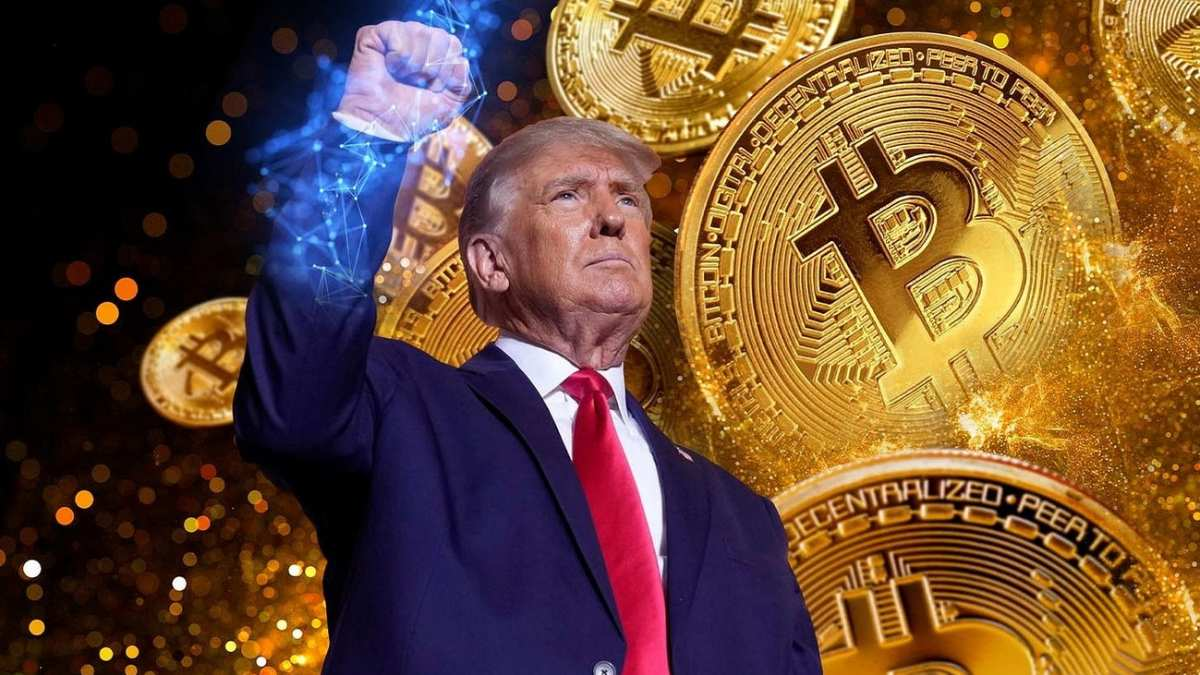A recently announced crypto venture co-founded by U.S. President-elect Donald Trump and billionaire Middle East envoy Steve Witkoff has partnered with Tron, a blockchain platform linked by authorities to transactions involving militant groups such as Hamas and Hezbollah. The venture, named World Liberty Financial Inc., raises significant ethical concerns, say multiple U.S. government ethics specialists.
Founded two months before the U.S. election, World Liberty partnered with Tron, which recently invested $30 million in the venture. Tron’s founder, Justin Sun, will also serve as an advisor to World Liberty. The Tron platform has faced allegations of facilitating financial transactions for criminal networks and organizations designated as terrorist groups by Israel and the United States.
Reports from Israel’s National Bureau for Counter Terror Financing (NBTCF) revealed that since 2021, authorities have frozen 186 Tron wallets linked to illicit activities, including 84 wallets tied to Hamas, 39 to Hezbollah, and others to unspecified militant organizations. Tron profits from transaction fees on its network and has acknowledged its use by both lawful and unlawful entities.
Experts in financial crime and ethics argue that World Liberty’s partnership with Tron, coupled with Trump’s financial involvement, poses potential conflicts of interest and ethical concerns. Trump is listed as “chief crypto advocate” for World Liberty and is entitled to a portion of its revenues. Ethics specialists fear that the venture could influence regulatory decisions made by the Trump administration regarding cryptocurrency, including its leadership of the Securities and Exchange Commission (SEC).
Adding to the controversy, Justin Sun is under investigation by the SEC for alleged fraud, including artificially inflating trading volumes and concealing promotional payments. While Sun denies these charges, his relationship with World Liberty has drawn criticism.
Steve Witkoff, a close ally of Trump and co-founder of World Liberty, also faces scrutiny as the newly appointed special envoy to the Middle East. His dual roles raise questions about conflicts of interest, with concerns that his diplomatic recommendations could be influenced by his financial stake in World Liberty.
Ethics experts have called for clear boundaries, such as financial disclosures and agreements preventing discussions of crypto during diplomatic engagements. Critics argue that the venture blurs the lines between Trump’s business interests and public service, creating potential risks of foreign influence and ethical violations.










